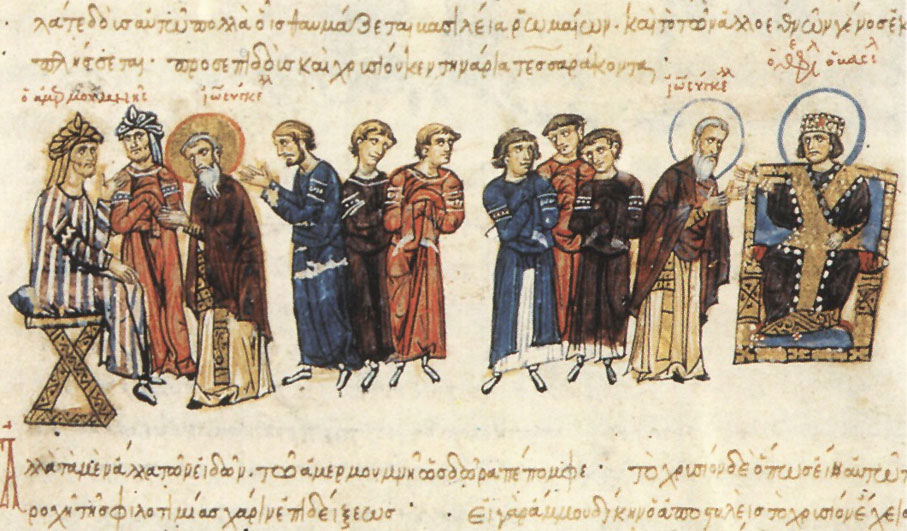‘Liberals are right that the language we use as Christians is not “literally” true; rather, it is figurative, poetic, imaginative language. But the orthodox are right in a more profound way: for the language of imagination – which is to say, biblical language – is the only language we have for thinking and speaking of God, and we receive it as the gift of the Holy Spirit. Theology deceives itself if it conceives of its task as translating the figurative language of scripture and piety into some more nearly literal discourse about God. The theologian’s job is not to tell fellow believers what they really mean; rather, it is to help the church speak more faithfully the language of the Christian imagination. The theologian is not a translator but a grammarian’. – Richard Bauckham and Trevor Hart, ‘The Shape of Time’ in The Future as God’s Gift: Explorations in Christian Eschatology (ed. David Fergusson and Marcel Sarot; Edinburgh: T&T Clark, 2000), 86.
- Comment
- Reblog
-
Subscribe
Subscribed
Already have a WordPress.com account? Log in now.

Wow, that’s a blast from the past. I remember that essay being significant for me as I tried to figure out what role the theologian has in the church.
LikeLike
I loved the quote entirely except for the bit about ‘liberals.’ Surely Christian theology and spirituality has llloooonnnggg said that talk about God is always ‘figurative,’ not just ‘liberals’ of the modern age. Not that there’s anything necessarily wrong with being liberal. :)
LikeLike
@Tony: Of course. I don’t hear Richard and Trevor denying that.
LikeLike
In what sense can descriptions be said to be metaphorical or figurative if there are not literal statements which can be made and to which we can compare them? Is it possible that no theological statements are literal?
LikeLike
This gets at the problem with ‘Zwinglianism (I know about the recovery of Zwingli, but still…). Merely symbolic is a contradiction in terms.
LikeLike
Bruce, are you familiar with Viktor Shklovsky’s essay ‘The Resurrection of the Word’?
LikeLike